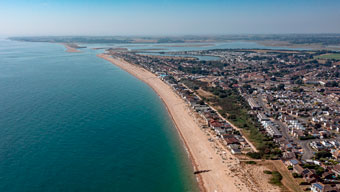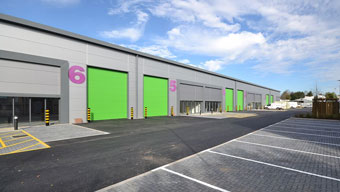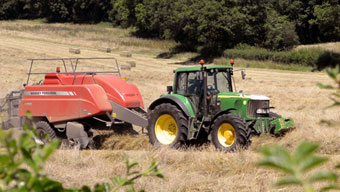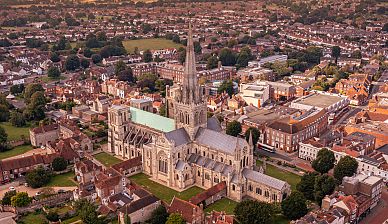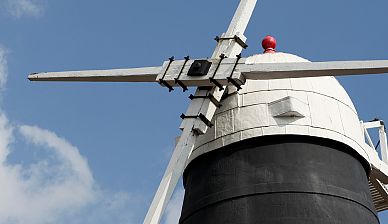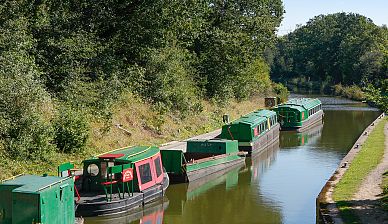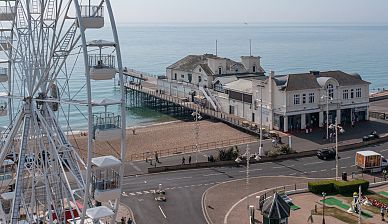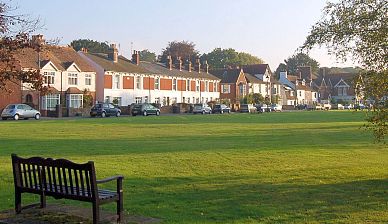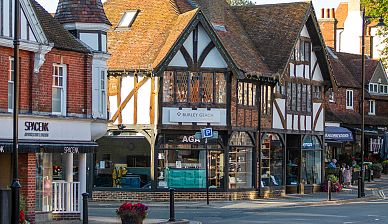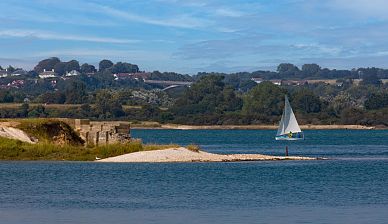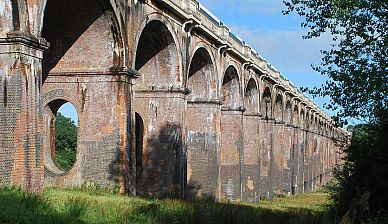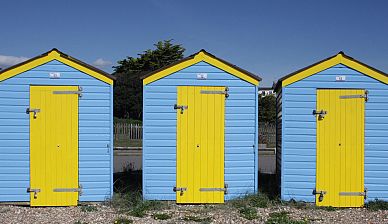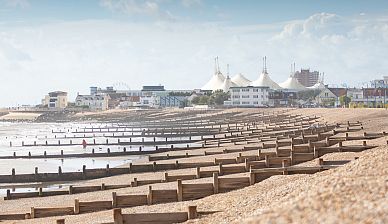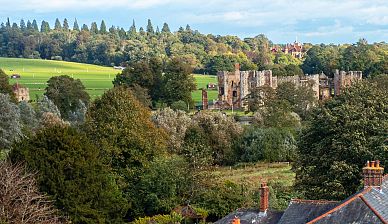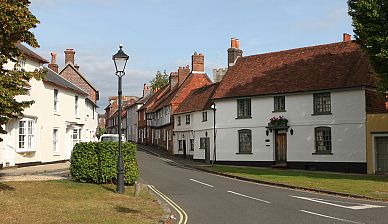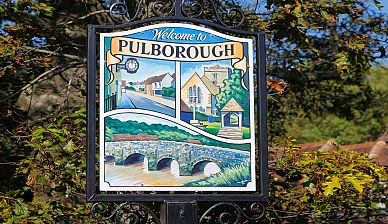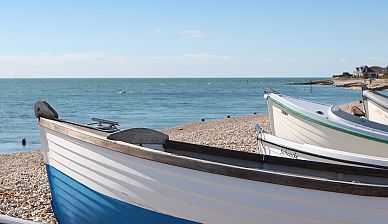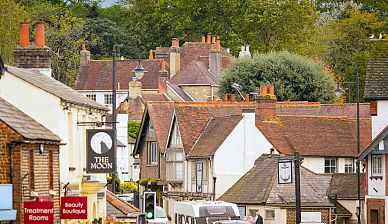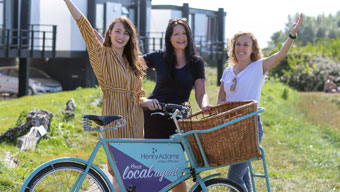How to choose a conveyancer
How to choose a conveyancer
One of the most important people involved in your next property purchase will be your solicitor or conveyancer. They'll be handling all the critical legal aspects of moving home.
The number one reason sales collapse is down to the issues that crop up during the conveyancing process. So it makes sense to find the best conveyancer to handle your transaction.
How soon do I need to instruct a conveyancer?
- Appoint your conveyancer as soon as possible, ideally before you go on the market or start your property search. This gives you time to find the right company you’d like to represent you. If you’re selling, it also means they can locate your title deeds and start drawing up the draft contract.
Should I choose a conveyancer or solicitor?
- There's a difference between conveyancers and solicitors but both can handle your transaction. Conveyancers specialise purely in the legal aspects of property transactions. However, they are not qualified to carry out any other legal work. They may also be less expensive than a solicitor.
- Solicitors are all qualified to carry out conveyancing as part of their professional training. Make sure you choose a solicitor who specialises in the area of residential property. They'll have a broad knowledge base which could prove useful in complex transactions.
- Both conveyancers and solicitors should be able to highlight any potential issues within the legal documentation that you should be aware of.
- It's worth remembering that the same conveyancer cannot act for both buyer and seller in the same transaction. But some firms can act for both sides with different conveyancers representing each party.
Time and attention
- Check how busy your conveyancer is before instructing them. You’ll want them to give enough attention to your transaction. Otherwise, you could find yourself with delays to your move, or worse, an important issue missed.
- When getting a quote, let the conveyancer know if any approximate timescales have been discussed as part of the negotiation. They can then confirm whether they should be able to meet your timescales. This especially applies if you’re buying a new build property requiring a 28-day exchange, for example.
Cost of conveyancing
- Choosing the cheapest conveyancing option is not necessarily the best route. Property transactions involve hundreds of thousands of pounds so the legal representatives need to be thorough. Missing a critical issue could mean you end up out of pocket in the longer term.
- Almost every conveyancer will provide a guide to the budget you’ll need for their fees. Many will show these costs on their websites.
- You’ll also need to budget for extras such as local authority searches and Stamp Duty. If your conveyancer is acting on behalf of your mortgage lender, you may also need to pay them a lender’s fee.
- Some conveyancers offer a fixed fee service which can help with budgeting, while others offer a no-sale, no-fee service. This incentivises them to get the legal process through as quickly as possible. However, it may also encourage them not to over-state issues that might cause you to withdraw.
- Remember that if your sale does fall through, you may still be responsible for any extras, such as searches or surveys, if they’re already underway.
Personal service
- Ask who will be handling your transaction. Some larger conveyancing firms use call centres which means you rarely speak to the same person twice. It can prove frustrating if you’re having to explain your concerns to new people every time you contact them.
What’s involved?
- The conveyancing process covers many complex legal issues. These could include advising on contract documents, checking a lease, raising enquiries, reporting to you about the property, and arranging for you to sign the contract. Your conveyancer or solicitor will then exchange contracts on your behalf when everyone in the chain is ready.
Completion and beyond
- They'll also arrange for the monies to be in the right place at the right time for you to complete the purchase.
- Finally, your conveyancer will arrange to pay your Stamp Duty and register your new ownership with Land Registry.
And that’s all there is to it!
Over more than 30 years, we’ve built up a long history of working with helpful and efficient solicitors and conveyancers throughout the region. If you’d like any recommendations, we’d be happy to pass you their details. There’s no obligation to appoint them - you’re always free to choose which conveyancing firm you want to represent you.
A good solicitor or conveyancer can make the world of difference if you’re looking for a less stressful move.
It makes sense to take your time selecting the right one, so why not start now?


